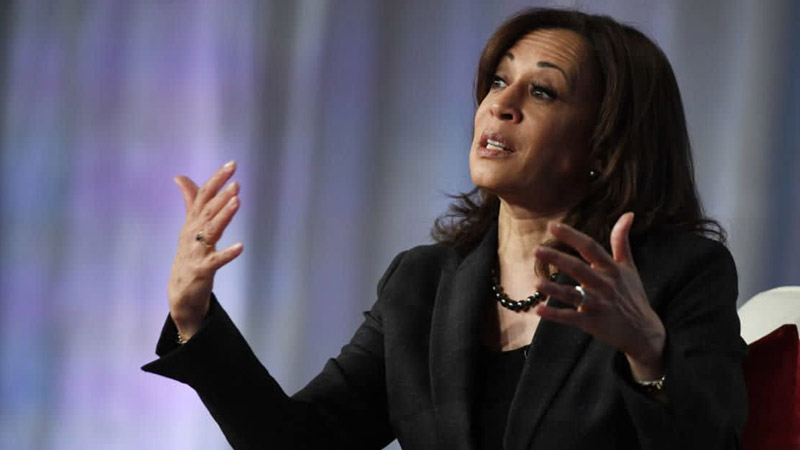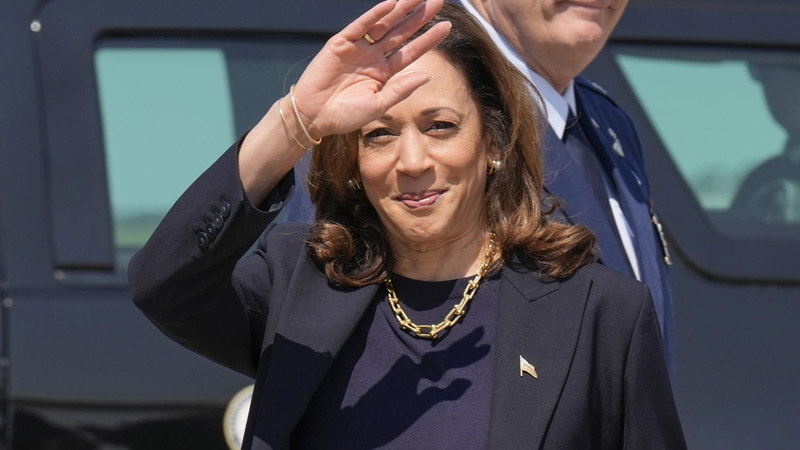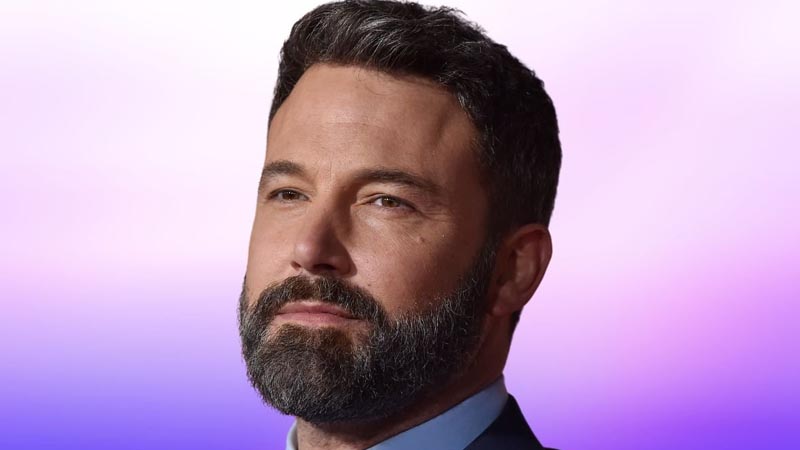‘Particularly Ill-Suited’: MSNBC Columnist Doubts Kamala Harris’s Future Presidential Prospects

(Image Source: Getty Images| Photo by Ethan Miller)
An MSNBC columnist cast serious doubts Monday on Vice President Kamala Harris’s potential future in national politics, warning that her leadership style and past challenges make her “particularly ill-suited” for another presidential bid.
While CNN and The Washington Post reported that Harris has not ruled out running for president again after her defeat to President-elect Donald Trump, she is also considering a gubernatorial run in California in four years. Harris has reportedly been delivering determined messages to supporters, with phrases like, “You haven’t seen the last of me” and “I’m not going quietly into the night,” according to CNN, which cited multiple sources close to her.
However, MSNBC’s Zeeshan Aleem argued that Harris’s approach is mismatched with the current political climate, which he described as a “populist era.” “Harris isn’t the only Democratic nominee to fall back on a combination of vibes and technocracy, but the combination is particularly ill-suited to this populist era, and it makes her exactly the wrong kind of person to resurface as the Democratic Party faces an identity crisis,” Aleem wrote.

Aleem stressed that if Democrats hope to win future elections, the party must embrace candidates who can “authentically brandish economic populism and win back working-class voters drifting from the party.”
Although Harris possesses strengths—described as “sharp and telegenic”—Aleem argued that her campaign weaknesses were evident, particularly her struggle to articulate a clear vision. He pointed to her policy page during the election, which wasn’t created until just days before a key debate, as an example.
Adding to her challenges, Aleem noted Harris’s association with “post-pandemic inflation” and a rise in illegal immigration, both of which have had lasting political consequences. Immigration, in particular, is “a pretty serious mark against her, given the sustained salience of immigration in political debate,” Aleem wrote.
Harris’s next move remains uncertain, but her potential reemergence on the national stage is likely to face scrutiny, both from Democrats seeking a new direction and from critics pointing to past political missteps. As Aleem suggests, Harris’s leadership style may not align with the demands of an electorate increasingly focused on populist messaging and working-class priorities.




